For us who are watching prophetic developments in the earth, there is something very exciting about monitoring the historic preparations taking place for the rebuilding of Israel’s Temple. In the last few weeks, two big stories have hit the headlines that are worth noting. The first news item concerns the resurfacing of a report of a mysterious gemstone that could belong to the original breastplate of the High Priest. The second news headline is that Israel’s reconvened Sanhedrin has taken the momentous step to nominate a High Priest – for the first time since the Temple’s destruction in AD 70!
In this article we will look more at these intriguing developments and will then look at the prophetic implications for us as believers as we draw closer to the time of the Lord’s coming.
Mysterious Gem Discovered
Detailed reports of a mysterious gem re-surfaced this week and have also made headlines in the secular media. There is strong speculation that the gem could be from the breast plate of the High Priest. Others suggest that it may be one of the two stones worn on the High Priest’s shoulders or even be part of the legendary Urim & Thummim. While these speculations may seem far-fetched at first glance, a detailed and scientific analysis of the gem has highlighted its stunningly unique and mysterious features.
The precious stone – which has been carefully passed down the documented line of a Crusader’s family tree – is a semi-precious sardonyx with little intrinsic value in and of itself. It has been cut into a hemisphere, and researchers are baffled as to how the ancients could possibly have cut the stone in this way.
Even more astounding than the cut of the stone, is an inscription in ancient Hebrew inside the stone, visible through its clear surface. Professor Moshe Sharon – who is an expert on ancient Hebrew Script at the Hebrew University in Jerusalem – describes the Hebrew inscription as being in a style of Script from approximately 1000 BC.
This Hebrew inscription leads to speculation that the gem could belong to the legendary Urim and Thummim which were used in Bible times to determine God’s will (Ex. 28:30, 1 Sam 28:16). It is interesting to note that the Jewish Talmud describes the Urim and Thummim as being stones that would light up to spell an answer in Hebrew in response to petitions to God. Could this stone be one of the mysterious Urim and Thummim?
Another mystery is how this ancient Hebrew script was inscribed inside the gem – without any visible signs of engraving or cutting of the stone. Noted professor of archaeology and religious studies Dr. James Strange comments that, ‘there is no modern or ancient technology known to me by which an artisan could produce the inscription (inside the stone), as it is not cut into the surface of the stone”.
Upon examination, Dr. Strange also noted that the stone has no external markings, ruling out that it had been part of a ring or necklace. His conclusion was that the stone must have been set in a large plate or breastplate.
Ian Campbell, a leading South African gemologist, priced this unique gem at $200 million as a starting point, but acknowledged the difficulty of pricing a one-off unique gem with such tremendous religious significance. While the owners have expressed interest in the gem being restored to Jewish hands, the cost is prohibitive and its authenticity must be proven.
Dr. Strange is today issuing a call for a fresh scientific examination of the stone to determine whether it is an elaborate hoax or a genuine artifact belonging to the Jewish people. At this stage it is too early to tell, but perhaps this stone will be restored to Israel and play a role in the rebuilt temple?
The Sanhedrin Nominates a High Priest
Just prior to the reports about this mysterious gem, another prophetic headline ricocheted across the world as the Israeli Sanhedrin announced that it had taken the ground breaking step to nominate a High Priest.
The Sanhedrin at the time of Jesus served as a kind of Supreme Court for the Jewish nation. It was disbanded in 425 AD, and was only reconvened in 2004. At the time, leading prophecy teachers hailed it’s reconvening as an important step in preparing for the rebuilding of the Temple.
The modern reconvened Sanhedrin consists of 71 distinguished rabbis (after the pattern of Moses + 70 elders), and it meets monthly to rule on key spiritual issues. Rabbinical teaching holds that the High Priest for the Third Temple would either be appointed by the Sanhedrin or by the King (the Messiah Himself). In the absence of the Messiah, and in the lead up to the all important Yom Kippur (Day of Atonement) sacrifice for the nation, the Sanhedrin has agreed on the need to nominate a High Priest who can perform this vitally important sacrifice if permission is granted.
Permission to sacrifice on the Temple Mount could come sooner than many expect. With the unexpected and dramatic rise of Temple Mount activist Rabbi Yehudah Glick into Netanyahu’s coalition government, and the increasing support for a rebuilt Temple among both Government ministers and a small but growing segment of the population, the Sanhedrin can sense a change in the air. This sense of change also carries with it great responsibility as it would be a disaster if permission was granted and no High Priest was ready to perform the crucial Day of Atonement sacrifice for the nation.
It is against this backdrop that the momentous decision was taken by the Sanhedrin to appoint a High Priest – for the first time since the temple was destroyed in AD 70! The nominated candidate for High Priest was Rabbi Baruch Kahane, an expert on the complicated laws pertaining to the Temple Service.
In a surprising twist, Rabbi Baruch declined the role at this time, but accepted a similar role with the title of ‘Rosh Kohanim’ (Head of the Priests). This role is often but not always synonymous with being High Priest. In other words, Rabbi Baruch will be available to be called on to be High Priest if and when the situation should arise.
It is important to note that sacrificing on the Temple Mount does not require the prior existence of a rebuilt Temple and can be restarted before the construction has even begun. If granted permission by the Israeli authorities – which would still be a major miracle in itself – the Sanhedrin’s goal is to be ready to conduct sacrifices with only a week’s notice. The appointing of a High Priest is therefore a crucial step in preparation for the resumption of sacrifices on the Temple Mount.
The Temple and End Times
Believers in Jesus rightly point to Him as the ultimate sacrifice for mankind and that we as believers no longer require animal sacrifices for sins. However, restoring the sacrificial system could be an important step in preparing the Jewish people for their Messiah and certainly plays a key role in the End Times.
Modern rabbinical Judaism has moved away from sacrifices to good works as a means of salvation, and it is therefore hard for many Jewish people to understand the significance of the sacrifice of Jesus on the cross. But as sacrifices are restored to the Jewish nation, it will shift modern Judaism back closer to Biblical Judaism. This would open the eyes of many to the importance of the sacrifice in dealing with sins, and perhaps even help prepare the way for the nation to understand fully the sacrifice of Jesus and what was accomplished at the cross.
In regards to End Time Prophecy, many believe that the Scriptures warn of Temple Sacrifices being stopped for a period of time by the Anti-Christ (Dan 9:27). If this is correct, then a rebuilt Temple is an essential piece of the prophetic puzzle. The rebuilding of the Temple and the re-institution of a High Priest (with or without the mysterious gem!) are therefore all significant steps bringing us that much closer to the day when the Lord Himself will return!
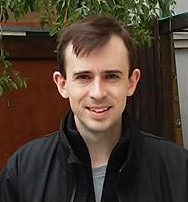
Enoch Lavender was born in Australia, raised in Norway, spent time living in China and is now based in Melbourne, Australia. He has been studying Hebrew and the Jewish roots of our faith for the past decade, and has a keen interest in the Middle East from a Bible prophecy perspective.
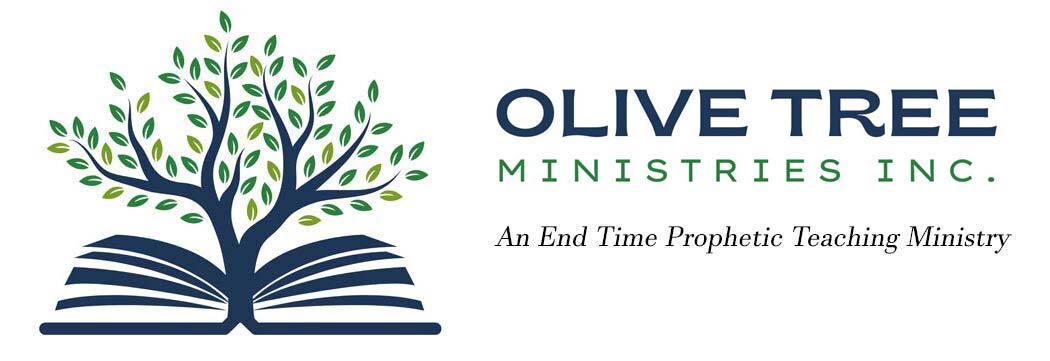

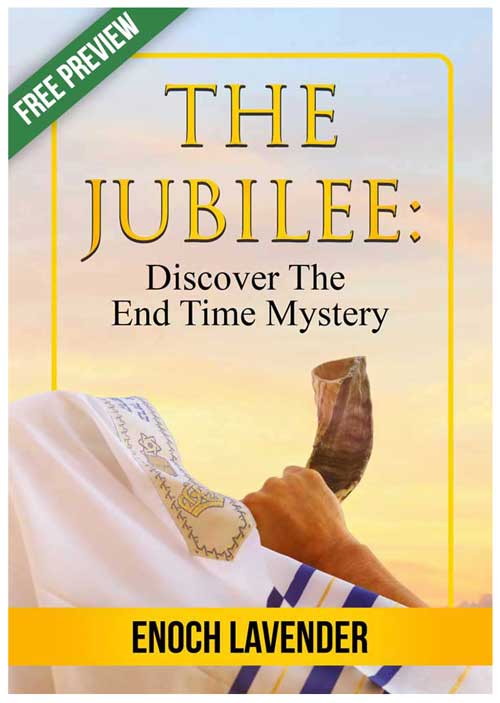
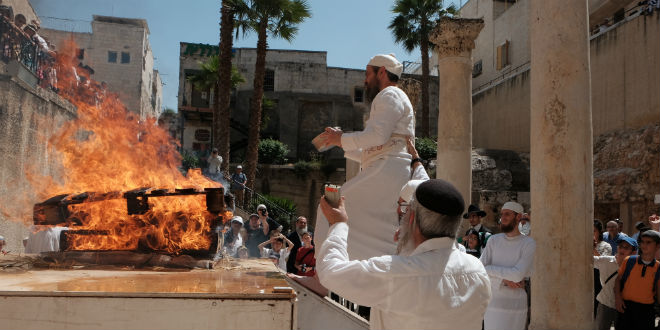



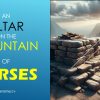
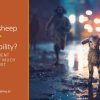
0 Comments